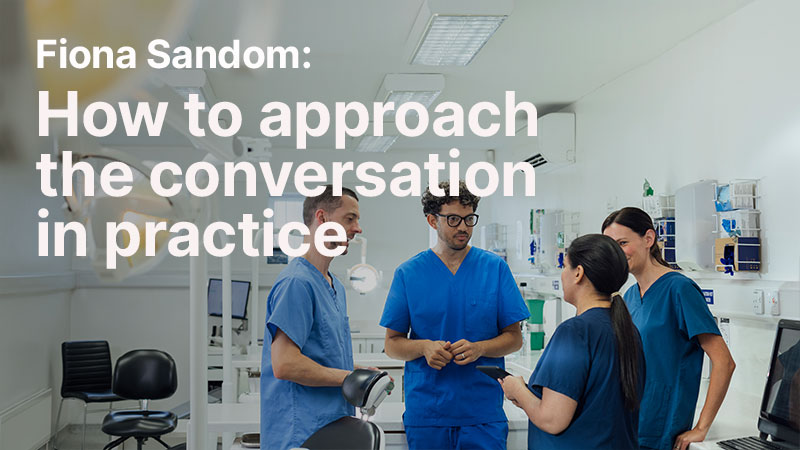So as a specialist practise, we rely on referrals and about 90% of our patients
come via general dental practitioners and about 5 to 10% come from the web where people find us
if they've got an issue.
Or their dentist has been unable to help them.
So the first thing I want to highlight is that this is absolutely an interrelationship and we
see ourselves as part of your team.
Endodontics, which is my specialty, can be challenging, time consuming,
and often the patients in pain.
They're tired, they're upset, and if you've got a busy schedule and you don't feel either that
you've got the time or the clinical skills to help, it may be time to refer.
So why send to a specialist? Well, many reasons,
um, expertise, speed and efficiency, access to the best equipment such as scanners,
CBCTs, microscopes, but ultimately it's to get a solution to an issue.
So Referrals are not only for complex procedures, and in endodontics you might want
to refer for sculose canals in crowned teeth for endodontic retreatments when the treatment
hasn't gone so well or for endodontic microsurgery, or even to get a pain diagnosis
when it's not immediately clear.
But it's also to help out with patient care and patient management,
and so I often tell people my work is doing easy treatments on difficult patients or
difficult treatment on easy patients and to really mess up my day,
I sometimes have difficult treatment on difficult patients.
But just to emphasise, our job is to help you and your patients as a team.
So how to refer?
Well, referring can be stressful because if the dentist is stressed and the patient's in pain,
the relation and the receptionist.
is busy We want to make.
Referrals as stress free and as seamless as possible.
So our receptionist isn't just taking a booking, she's giving information and reassurance.
The website isn't just about information, it's hopefully got an encrypted referral
pathway and email is also very useful.
But ultimately we want to deal with your referral as quickly as possible.
And there's nothing more disconcerting for practise when a very sort of disgruntled
patient will phone up and say, you referred me on, I haven't heard anything,
it's been a couple of weeks.
So to help us as a referral practise, we need as much information as possible.
We get referrals such as patients in pain, or can you see and treat this low right
7? Not really very useful.
We need as much information as possible, where the pain is,
how long it's been there.
And we need radiographs. And of course we need a medical history.
So we need to know is the patient on bisphosphonates?
Does the patient need antibiotic cover?
Is the patient so terrified that they might need sedation?
And these things are so vital we need to know them before the patient even sits in the chair.
Nothing's more frustrating for me when I get a message, please can you root treat an upper
central incisor.
And the patient sits in the chair and they take a radiograph and it's got a brand new crown on
it and it's got a post in it, and it's been root filled and really I should have known that
before they sat in the chair.
So as much Uh, information as possible, please.
And for our part, we contact the patient as soon as we can and schedule quickly.
Um, as a specialist practise, we have got a group of very experienced specialists working
with us. And it means we can see people quickly rather
than than waiting for the in-house specialist who might come twice a fortnight.
And as a specialist practise, it's absolutely our responsibility to follow up the patients,
it's our responsibility, not yours.
And we do this via email, via phone calls, or sometimes we use
an absolutely dedicated app called Follow up where a message is sent every few days to see
how the patient is doing, what their pain scores are,
um, and any comments.
And finally we send the patients back to you, hopefully with the problems sorted,
but also giving details about what further treatment is required,
when it's required and any feedback.
So referrals are a two-way process, both for you and your patient.
And we return your patients to you, hopefully happy their problem has been sorted.
And thankful that you referred them to the right person and the right place.
When is the right time to make referrals?
10 June 2025
Endodontist Michael Sultan discusses aspects to consider in the dental practice, when making endodontic referrals.




